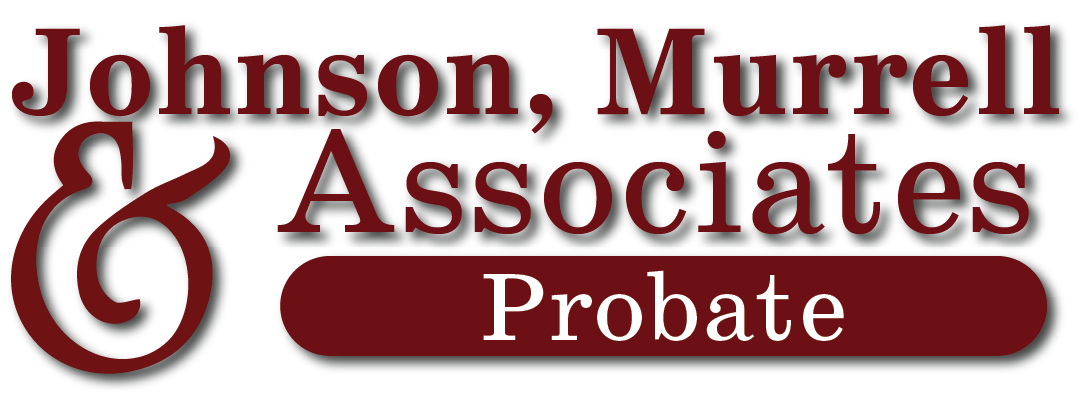Losing a loved one is never easy, and dealing with their estate can add stress to an already difficult time. Probate mediation offers a compassionate approach to resolving conflicts among family members or beneficiaries. This process can help preserve relationships, reduce costs, and provide a more peaceful way to honor your loved one’s wishes.
Probate mediation is a voluntary alternative to court proceedings for resolving disputes. A neutral mediator facilitates communication between parties, fostering confidential and non-adversarial discussions. This process is often viewed as cost-effective, flexible, and efficient, leading to quicker resolutions while preserving relationships and estate assets.
What Is Probate Mediation?
Probate mediation is a voluntary process where parties involved in probate disputes work with a neutral third-party mediator to resolve conflicts outside of court. This approach helps families address issues in confidential and more relaxed situations than contested wills, trust disputes, or executor conflicts. The mediator facilitates communication, helping parties explore compromises and reach mutually acceptable agreements.
Benefits
Probate mediation commonly offers a more cost-effective, private, and flexible alternative to court proceedings. It’s typically faster and allows for personalized solutions, addressing both legal and emotional concerns.
Mediation’s non-adversarial nature reduces stress, encourages open communication, and often leads to more satisfying outcomes for all parties involved while maintaining confidentiality throughout.
Cost-effectiveness
Cost-effectiveness is viewed as a benefit of probate mediation. Probate mediation is generally viewed as a cost-effective approach to resolving estate disputes. In Tennessee, mediation costs are split between parties unless agreed otherwise. Compared to litigation, mediation may also incur lower legal fees since it requires less formal preparation and court time.
The process is generally faster, often resolving disputes in days or weeks rather than months or years, which saves both time and money. This efficiency can help preserve estate assets for beneficiaries, as prolonged legal battles can deplete an estate’s resources.
Avoiding expensive court proceedings and reducing the time spent on disputes can help retain the estate’s value for distribution to heirs. Additionally, the collaborative nature of mediation often leads to more satisfactory outcomes, reducing the likelihood of costly appeals or continued legal action.
Privacy and confidentiality
Privacy and confidentiality are key benefits of probate mediation, offering a stark contrast to public court proceedings. Unlike litigation, where court records are generally accessible to the public, mediation sessions are private and confidential. This is crucial for sensitive family topics, allowing parties to discuss personal and financial details without fear of public exposure.
Confidential discussions and negotiations enable frank conversations and creative problem-solving, free from the scrutiny of outsiders. This confidentiality extends to all aspects of the mediation process, including any documents or information shared.
As a result, families can address delicate subjects and resolve conflicts while maintaining their privacy and dignity throughout the probate process.
Flexibility and control

The ability to create flexible, personalized solutions often leads to more durable agreements and better long-term outcomes for all involved parties. Court proceedings are rigid, but mediation allows parties to actively participate in crafting solutions that work for their unique situation. This ensures that all partici
pants have a voice in the outcome, leading to satisfactory resolutions.
Mediation also provides the flexibility to address both legal and non-legal issues. It allows families to tackle emotional concerns or personal matters that a court might not consider. This holistic approach results in customized agreements tailored to specific family needs, rather than one-size-fits-all court decisions.
Preservation of relationships
Court proceedings often pit family members against each other. Probate mediation, on the other hand, fosters a cooperative environment. Its non-adversarial nature encourages parties to work together toward mutually beneficial solutions, reducing hostility and resentment.
Mediation provides a unique opportunity for open communication in a controlled setting, allowing family members to express their:
- Concerns
- Feelings
- Perspectives
This open dialogue can lead to better understanding and empathy among participants.
The collaborative process of mediation also holds the potential for family reconciliation, helping to mend strained relationships and rebuild trust. By focusing on shared interests rather than opposing positions, mediation can preserve and even strengthen family bonds during challenging times.
Stress reduction
Mediation provides a more supportive and less confrontational environment than litigation, which can be emotionally draining and combative. Participants often find the process less stressful as it allows for open dialogue in a controlled setting.
The mediator creates a supportive atmosphere where all parties can express their concerns and feelings without fear of judgment or legal repercussions. This environment enables addressing underlying emotional issues that may be at the root of the conflict, but which might not be considered in a courtroom.
By focusing on understanding and problem-solving rather than winning or losing, mediation can significantly reduce the emotional toll on family members. This leads to more positive outcomes and improved well-being for all involved.
Efficiency and timeliness

Efficiency and timeliness are key advantages of probate mediation. Unlike court proceedings, which can drag on for months or even years, mediation often leads to faster resolutions. Parties can typically schedule mediation sessions at their convenience, avoiding the rigid timetables of court calendars.
This flexibility allows for quicker arrangement of meetings and more rapid progress towards a resolution. Additionally, mediation bypasses court backlogs and delays, which are common in many jurisdictions.
By avoiding these systemic delays, families can resolve probate issues more swiftly, allowing them to move forward with estate administration and distribution. The streamlined nature of mediation not only saves time but also reduces the emotional and financial strain associated with prolonged legal disputes.
Partner with Johnson, Murrell & Associates
Johnson, Murrell & Associates offers comprehensive assistance during probate and probate mediation. With over 40 years of experience, we guide you through the complex probate process, handling estate administration and will probation. Our expertise covers various probate matters, ensuring that your rights are protected at each stage.
We understand the emotional challenges involved in probate and provide step-by-step support, allowing you to focus on personal matters while they manage legal details. Our knowledge of local county requirements in Tennessee is particularly beneficial, allowing us to help reduce stress and streamline the often lengthy probate process as much as possible.

Probate mediation offers a collaborative approach to resolving estate disputes. With a neutral mediator guiding discussions, families can address conflicts privately and constructively. This method saves time, reduces costs, and helps preserve family relationships while finding mutually acceptable solutions.
When you choose Johnson, Murrell, & Associates, you are choosing a team that understands how legal issues affect you, your family, and your business. Let us take care of administering your loved one’s estate and probating their will so it goes into effect, upholding their wishes. For more information on how we can help you through the probate process call us at 865-453-1091 or contact us online.



